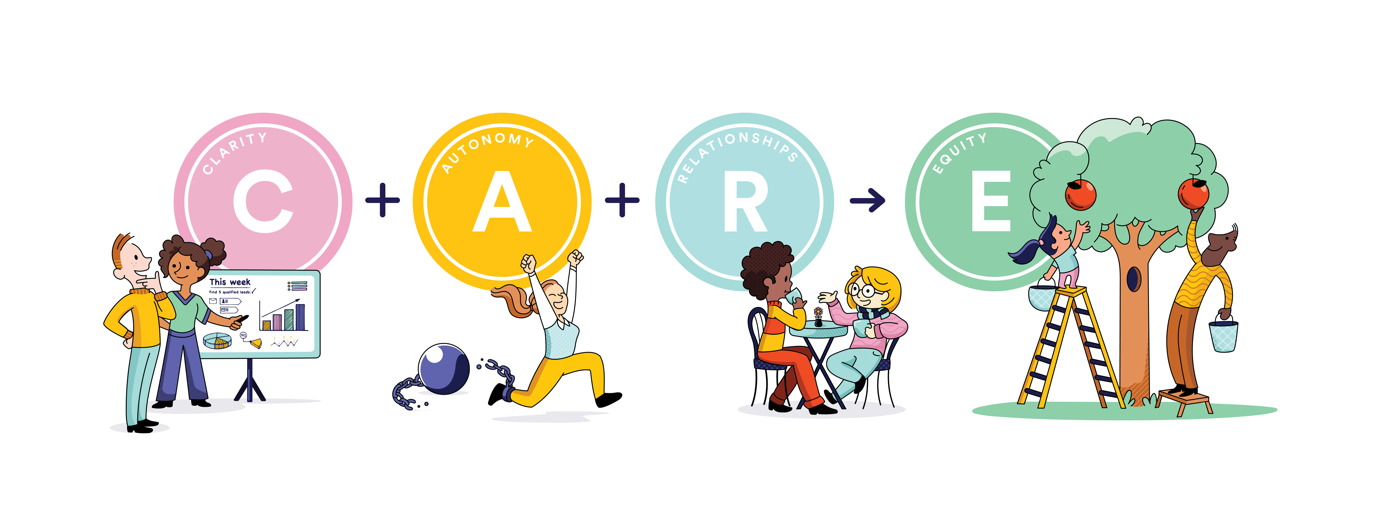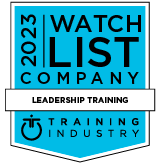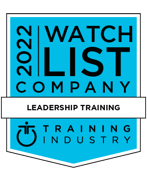Discover Alex’s New Book on Transformative Leadership Strategies

Contents
Discover Alex’s New Book on Transformative Leadership Strategies
Gone are the days when IQ was the key leadership skill and a Harvard MBA was necessary in key leadership positions in your organization. AI can handle that part now. It's leaders with high EQ (the measurement of emotional intelligence) who can navigate complex interpersonal dynamics, inspire their diverse teams, and secure the trust and engagement necessary for sustained, long-term success in a world where great talent is becoming more scarce every day.
Failing to prioritize EQ results in poor communication, lack of trust, low morale, decreased performance, and employees heading for the door. In fact, 50% to 70% of leaders fail within the first 18 months in their new role, whether they were hired externally or promoted within their company (Forbes). We have to reduce workplace toxicity to win. We have to CARE to Win.
About the Book
‘CARE to Win: The Four Leadership Habits of High-Performing Teams’ is a unique approach to leadership in the modern workplace. It provides current and aspiring leaders with relevant, actionable, and science-based leadership strategies for cultivating a people-first mindset, and driving sustained success in the modern, diverse, and technology-enhanced workplace.
It puts those four habits – CARE: Clarity, Autonomy, Relationships and Equity®, the human skills to get the hard stuff done – and psychological safety in simple terms, to meet leaders where they’re at, for immediate impact.
My definition of psychological safety is:
Creating an environment where humans can speak up early and often about what’s important to them, so they can be their best self and do their best work, and go home to their friends and family, being present at the dinner table, not having to worry about their boss or business, and excited to come back to work the next day.
Do you have that feeling? Imagine a team where everyone did that? That’s my mission in reducing workplace toxicity. Too many people work in teams where that lack of group trust drives selfish behaviors, and fear leads to intolerable levels of toxicity. We only get around 4,000 weekends, and we shouldn’t have to spend non-work time worrying about bosses or work.
Key Insights from the Book
This is a wacky, complex, and fast-moving world, that we’re still navigating with our survival-wired brains. We’re running advanced software (technology) on caveman hardware (our brains). We’re not ready for it, and our brains are revolting! Those brains are selfish machines designed to keep us alive. But leadership is about keeping other people alive. We’ve just swapped out saber tooth tigers for bosses. Do your team members see you as that tiger, or that safe blueberry that I know is not poisonous?
Reading this book, you will learn how to:
- Foster psychological safety within your team to unlock peak performance and create a supportive environment that allows team members to thrive and collaborate effectively.
- Embrace the human skills of Clarity, Autonomy, Relationships, and Equity for impactful leadership.
- Cultivate mutual trust and effective communication to foster stronger teams and enhance productivity.
- Lead decisively through challenges and uncertainty.
- Cultivate a culture of trust that empowers and encourages calculated, bold risk-taking to foster innovation.
- Understand Equity vs Equality, and how to be agile and adaptable to maximize the potential of everyone you lead.
I don’t like the phrase ‘you need the courage to speak up’. It shouldn’t take courage to speak up. We feel safe when we’re in an environment where our brains are at cognitive ease – our brain sparks up and we’re at our best; we ask questions, we want to show what we’re capable of. At cognitive stress, it’s just silence and fear. We don’t need Darth Vader in our lives! Long live General Leia.
We all have thousands of heuristics and over 188 biases that if untended can unintentionally leave negative shadows in our wake. But the culture of a team is a mirror of its leadership. We’ve got to wipe out the old, Jurassic school of leadership. That’s what ‘CARE to Win’ does. It equips leaders with HOW to create psychological safety, and a culture where being yourself is not an act of courage; it’s just habit.
How do we do that? CARE: Clarity, Autonomy, Relationships, Equity®.
Clarity – Are leaders actively reducing uncertainty for teams? Without clarity, our brains go into cognitive stress. The ‘C’ for Clarity means aligning others by fully communicating expectations and creating shared understanding of success. Our caveman brains still see ambiguity as a threat. It doesn’t matter that it’s a work brief, rather than a dark cave. This drives fear. It makes us scared to speak up.
Autonomy – How do leaders ensure people have a choice and encourage new ideas? ‘A’ for Autonomy means intentionally distributing and empowering appropriate ownership and self-direction. Its about empowerment and ensuring team members feel like they have the right levels of control in how they do their work, versus being controlled by their boss.
Relationships – Do leaders ensure people feel comfortable discussing personal matters with direct managers and being their authentic selves at work? We are not perfect. We are all just human. ‘R’ for Relationships means cultivating unique connections between individuals which encourage candor, trust and collaboration. Just one meaningful conversation per week develops high-performing relationships more than any other single leadership activity (Gallup).
Equity - Do leaders provide extra support when needed, and adjust workloads if one member is facing unexpected difficulties? No two humans are the same. We are all bananas in our own special ways. The one-size-fits-all approach needs to stop. ‘E’ for Equity means adapting your support based on each person’s unique needs, so everyone goes home feeling seen, valued and heard.
Exclusive Insights from Alex
Leadership is like art, cooking and golf. Never perfected, and always improved from the mistakes you make. I strive to do better everyday. We all need to sharpen our leadership knives, so we all can lead better from whatever seat we are in.
In this book, I share the mistakes I make, so you don’t have to make the same ones. No one is perfect, least of all me. The book and through the 'Alexamples' in it showcase the leadership mistakes I make, that we all make, and what I learned from them.
As Adam Grant says, an ineffective team is when one or two people speak. In an environment of psychological safety, everyone speaks, everyone gets what they need, and no one’s threat circuitry is triggered. We’ve got to rip out the silence. Silence kills. ‘I don’t know’, ‘I need some help,’ ‘I made a mistake’ are all human words that we should all feel safe to share with each other in the workplace.
How to Get Your Copy
Higher-performing teams need higher-performing leaders who give their teams the CARE they need to thrive. Higher-performing leaders need higher-performing teams who speak up early and speak up often about what is working and what is not, while asking their leaders to give them the CARE they need to thrive. It’s a two-way street.
Every leader’s job is to close the gap between what they give their team and what their team needs. Close the gap, allow the environment to make mistakes and be our imperfect selves, and be people-first by putting the brains of those you serve at cognitive ease.
Order your copy of 'CARE to Win' here.


Subscribe to Our Monthly Newsletter!
For managers and talent professionals who truly believe in putting people first, the CARE to Win blog is your gateway to the latest insights on human-centric leadership. Join us as we champion the people first movement.
Need some time apart? Are we emailing you too often? Just give us your feedback, and we promise we’ll respond. We really do care. And if it’s still too much, just unsubscribe. It’s cool.
Insights

Subscribe to Our Monthly Newsletter!
For managers and talent professionals who truly believe in putting people first, the CARE to Win blog is your gateway to the latest insights on human-centric leadership. Join us as we champion the people first movement.
Need some time apart? Are we emailing you too often? Just give us your feedback, and we promise we’ll respond. We really do care. And if it’s still too much, just unsubscribe. It’s cool.



